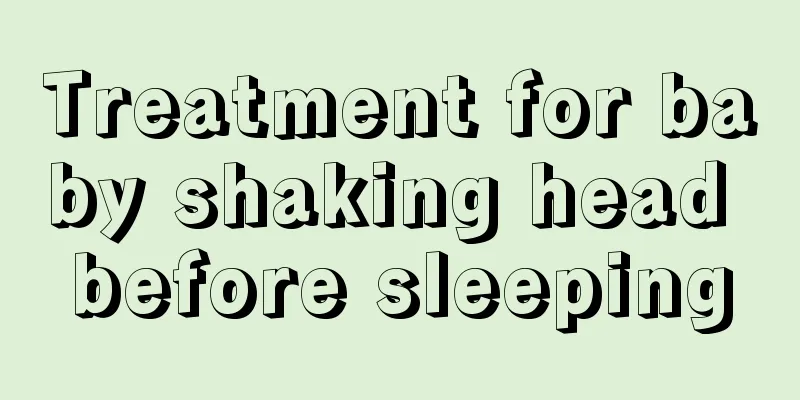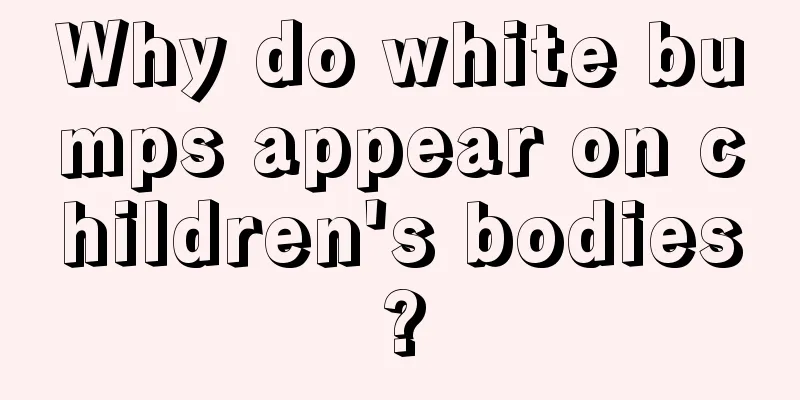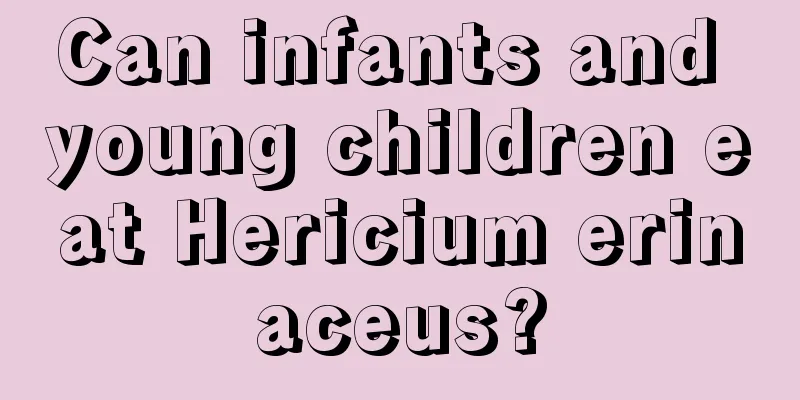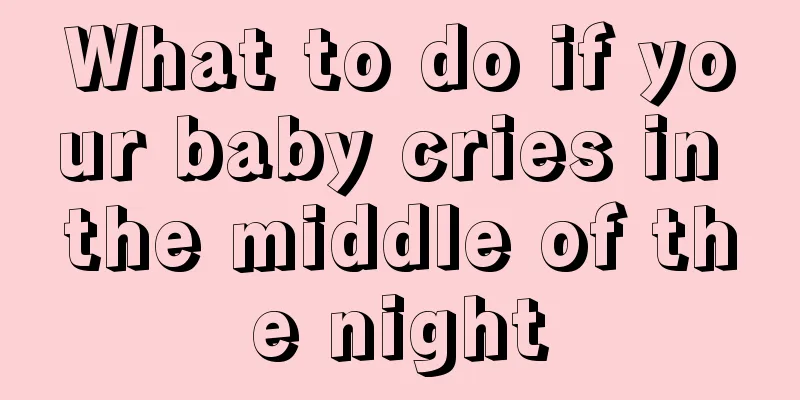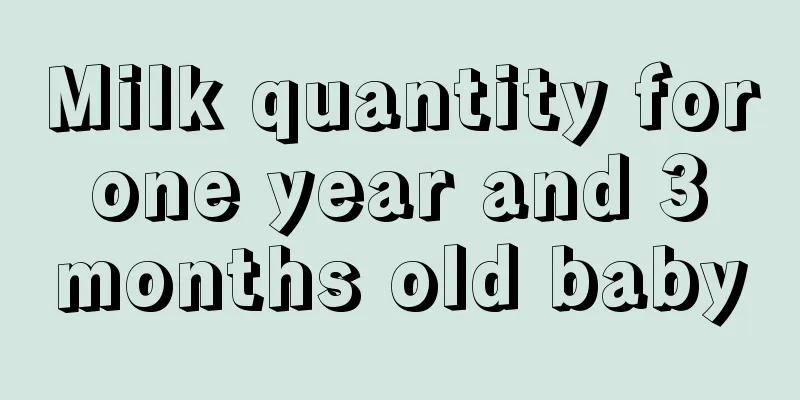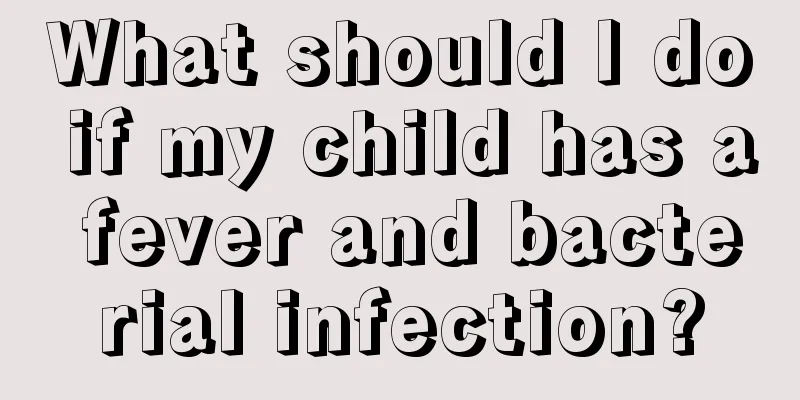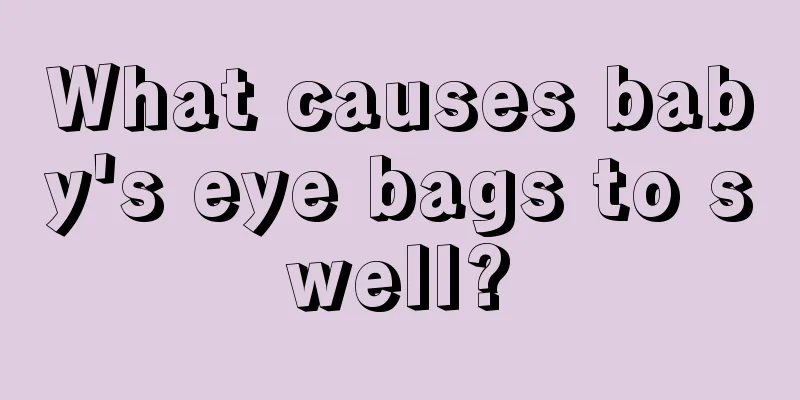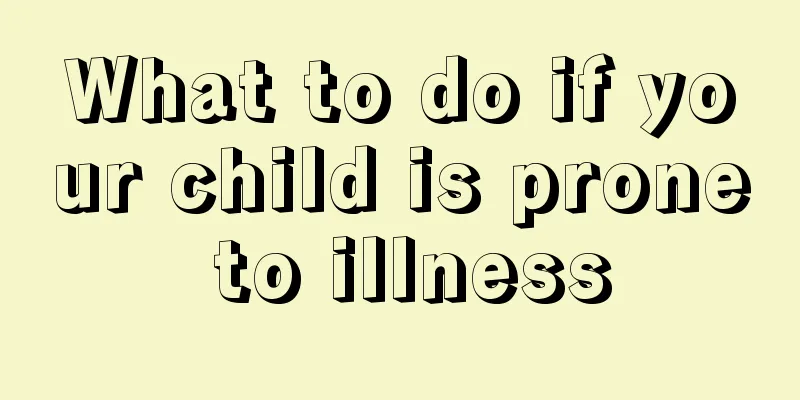What should I do if my child has a fever and convulsions?
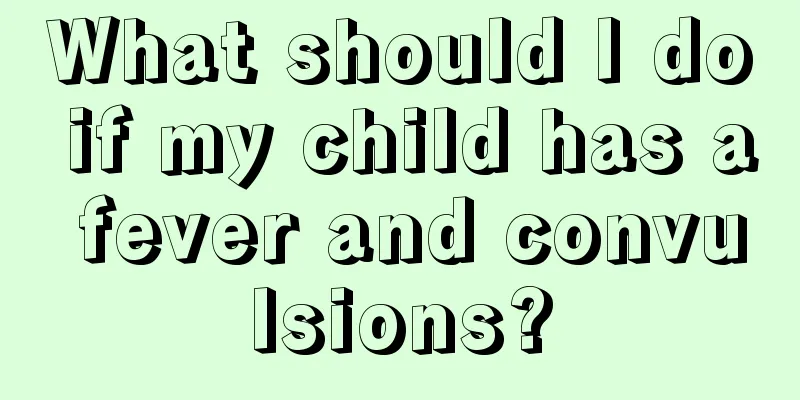
|
Children often catch colds and have fevers due to their immune system problems, and sometimes even have convulsions caused by fever. So if such phenomena occur in life, how should we deal with them and how can we effectively treat them? So next I will explain to you in detail what to do if a child has a fever and convulsions in life. When a convulsion occurs, parents are often very panicked and at a loss as to what to do. Either you take the child to the hospital or pinch the child's philtrum hard. Not only is the effect ineffective, but it may also injure the child's delicate philtrum. The reason for this phenomenon is that many parents believe that febrile convulsions will damage their children's brains. In fact, this understanding is wrong. Most convulsions will not endanger the child's life, nor will they damage the brain and leave sequelae. Parents don't need to worry too much. However, when the convulsion occurred, the child was unconscious. Vomiting often occurs, which can cause the risk of suffocation if inhaled into the trachea, so correct handling is very necessary. Parents should pay attention to the moment when a convulsion occurs. 1. Place the child in a side-lying position. This can avoid the risk of choking when the child vomits. 2. Don't pick up the child in a hurry. The child's clothes should be unbuttoned quickly so that he can breathe smoothly and dissipate heat quickly. (These matters should be paid more attention to in the car.) If the child's body temperature is relatively high, you can put a fever-reducing suppository in his anus, or put a towel in the refrigerator and then apply it to the child's head to cool down. 3. Do not give children antipyretics or other medicines during convulsions. To prevent children from choking due to vomiting, which could cause danger. 4. If a child's convulsion continues for 2 to 3 minutes or the child does not respond to calls, the child should go to the hospital for treatment. 6. After the convulsion stops, call the child's name to determine whether he is awake, and then record the time of awakening. The above is a detailed introduction on how to deal with fever and convulsions in young children. I believe that everyone should have a comprehensive understanding and knowledge of how to deal with this situation. It also mentioned that when a child has a convulsion, parents must remain calm and send the child to the hospital for treatment after following the above methods. |
<<: Why does a young child have cold hands and feet when he has a fever?
>>: What should I do if my child has a fever and rash?
Recommend
Treatment for watery stools in babies
I believe that all of us have experienced watery ...
How can we alleviate children’s fear?
Children's mental and other aspects are not y...
What to do if your child is late in speaking
If children start to speak too late, it will have...
Can children's ADHD really heal itself?
ADHD is a problem that has troubled parents for a...
What's wrong with the horizontal lines on the child's hands?
Generally speaking, children's physical growt...
What causes children’s crooked mouth?
I believe that many parents may encounter childre...
What should I do if my six-month-old baby has a runny nose?
Newborns have poor resistance, so they are easily...
Bright red spots on baby
It is very common for babies to have port-red spo...
What to do if a child coughs in the morning
Many parents must have encountered situations whe...
First aid and nursing methods for children with high fever convulsions
It is easy for children to have high fever convul...
What should I do if my child has a sore throat and fever?
Children will have various minor illnesses when t...
What are the symptoms of calcium deficiency in babies
Babies are very cute angels and the most precious...
What to do if children have tooth decay pain
Children like to eat sweets, but they do not have...
Causes of migraine in children
Children with migraines are prone to illness duri...
What massage methods can relieve baby's fever?
If the baby has a fever, I think as a parent, we ...

